Do You Know the Signs and Symptoms of Uterine Fibroids?
Uterine fibroids are noncancerous uterine tumors that affect millions of women, causing life-altering symptoms. Learn more about uterine fibroid signs and diagnosis.

By Melissa Yurkanin, DO, Obstetrician and Gynecologist, Virtua OB/GYN
Uterine fibroids affect millions of women. While most are benign, meaning they’re not cancerous, they cause heavy bleeding, pelvic pain and pressure, and bloating that can make you feel like you’re five months pregnant. Some women must adjust their work, wardrobe, activities, and life around the pain and bleeding.
If you’re reading this and thinking—that sounds like me—read on to learn more about signs of uterine fibroids and how to know if you have them.
What are uterine fibroids?
Uterine fibroids are noncancerous uterine tumors that can grow within the uterine walls, outside the uterus, or into the uterine cavity. Multiple fibroids can occur at once, growing slowly, quickly, or even shrinking.
Although fibroids can occur in women of any age, they usually develop around childbearing age and are more common among African-American women. While you’re more likely to develop fibroids if someone in your family has them, they’re not a genetic condition.
What are the signs and symptoms of uterine fibroids?
You can have fibroids and not know it or feel any symptoms. However, some women experience severe symptoms, including:
- Heavy menstrual bleeding
- Prolonged menstrual periods
- Pelvic pressure or pain
- Pain during sex
- Frequent urination
- Constipation or difficulty urinating
- Back or leg pain
In some cases, fibroids can lead to complications like anemia from heavy bleeding or difficulty conceiving. Call your OB/GYN for an evaluation if you have any of these symptoms.
During a routine pelvic exam, your OB/GYN provider can often feel uterine fibroids or abnormalities in the shape of your uterus. Your provider may order an ultrasound to confirm the diagnosis and determine the size and location of the fibroids.
If you’re diagnosed with uterine fibroids, there’s a range of treatment options depending on your age, symptoms, and fertility goals. Our OB/GYNs work closely with you to help pinpoint the best treatment option.
Get relief for your uterine fibroid symptoms
There's So Much More to Explore
Discover expert insights, inspiring stories, health tips, and more by exploring the content below!

Cervical Cancer Screening Guidelines: What You Need to Know

HeartTalk Magazine

How to Spot the Early Signs and Symptoms of a Stroke

How Weight-Loss Surgery Can Improve Diabetes, Heart Health, and More

Knee Replacement Rehab: 7 Exercises to Restore Your Strength and Range of Motion

COPD vs. Asthma: Understanding the Difference in Symptoms

Bioidentical Hormone Replacement Therapy Pellets: Relief for Menopause and Andropause Symptoms

Why Is Sex Painful During Pregnancy? Pelvic Congestion Syndrome Explained
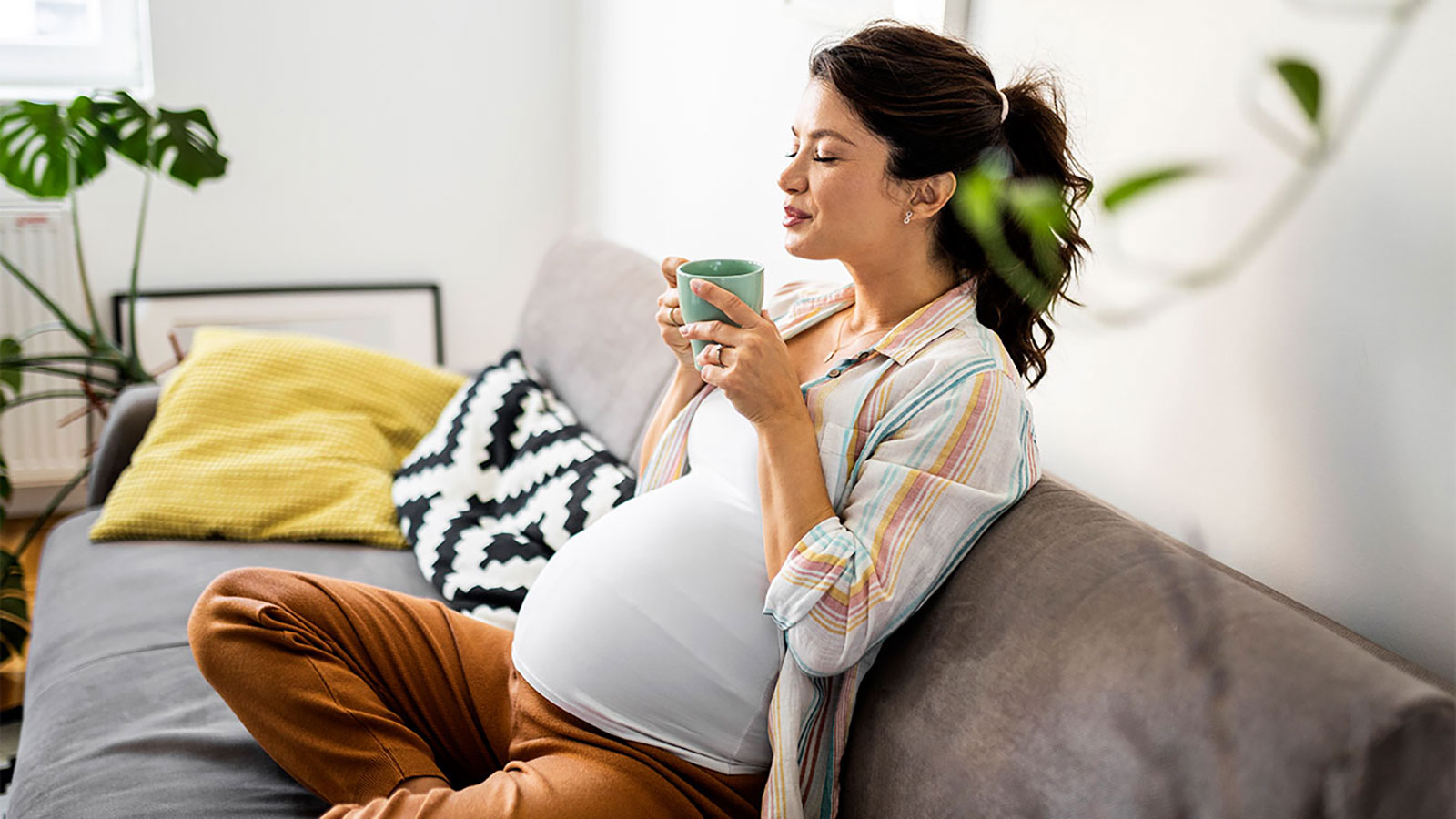
COVID-19 Vaccines and Pregnancy: FAQs

Don't Drink Alcohol? You Could Still Get Fatty Liver Disease

What Is the Difference Between Palliative Care and Hospice Care?

How to Exercise Safely with Asthma: Tips, Triggers, and Rescue Inhaler Use

How to Relieve Bloating Fast: Simple Tips for Quick Comfort

How to Tell the Difference Between Cold, Flu, and COVID-19

Jill Travels From Delaware to South Jersey for Advanced Lung Care

4 Exercise Tips to Help You Reverse High Blood Pressure

From Exhaustion to Empowerment: Tracy's Hormone Replacement Therapy Success Story

Why on Earth Am I Always So Cold?

Timely Heart Care During a Heart Attack Helps Joe Feed the Community

Allegra Is Thriving With Crohn's Disease

The Best and Worst Foods for Acid Reflux

How to Manage IBS Symptoms and Feel in Control Again

5 Types of Lung Disease: Symptoms, Causes, and Prevention Tips

Foods to Enjoy and Avoid for GLP-1 Heartburn

Sexual Health FAQs: The Questions Everyone’s Too Embarrassed to Ask

3 Reasons Why Now's the Time to Find Relief From Varicose Veins

Baseball Coach Turns Male Breast Cancer Surprise into Personal Mission

The Brain Health Checklist: 11 Questions Everyone Should Ask
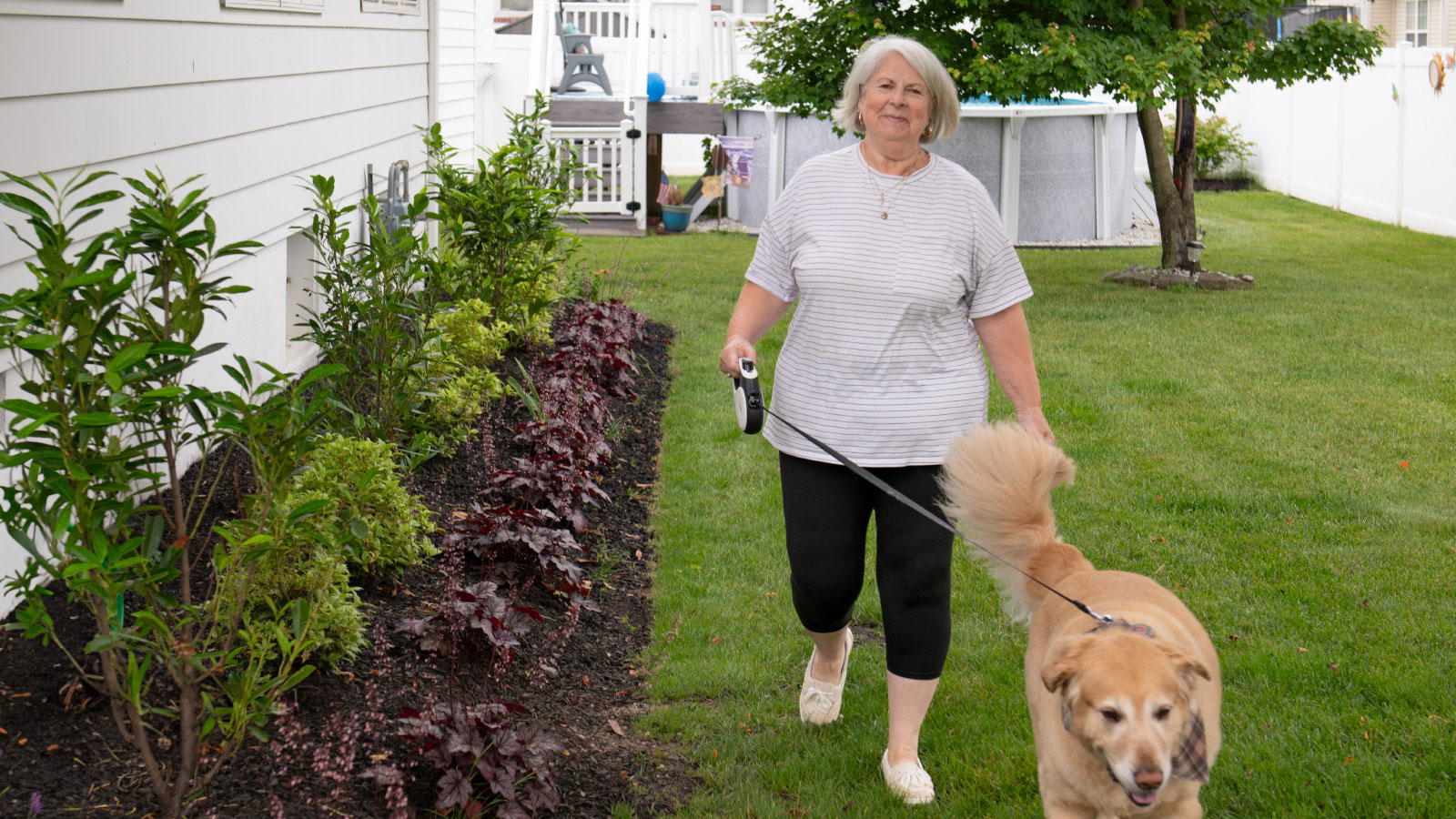
From Caregiver to Patient: Robotic Surgery Relieves Teresa's Knee Pain

How to Get and Stay Healthy This Fall

How to Reverse Prediabetes and Prevent Type 2 Diabetes

Young Breast-Cancer Survivor Has New Hope for Healthy Future
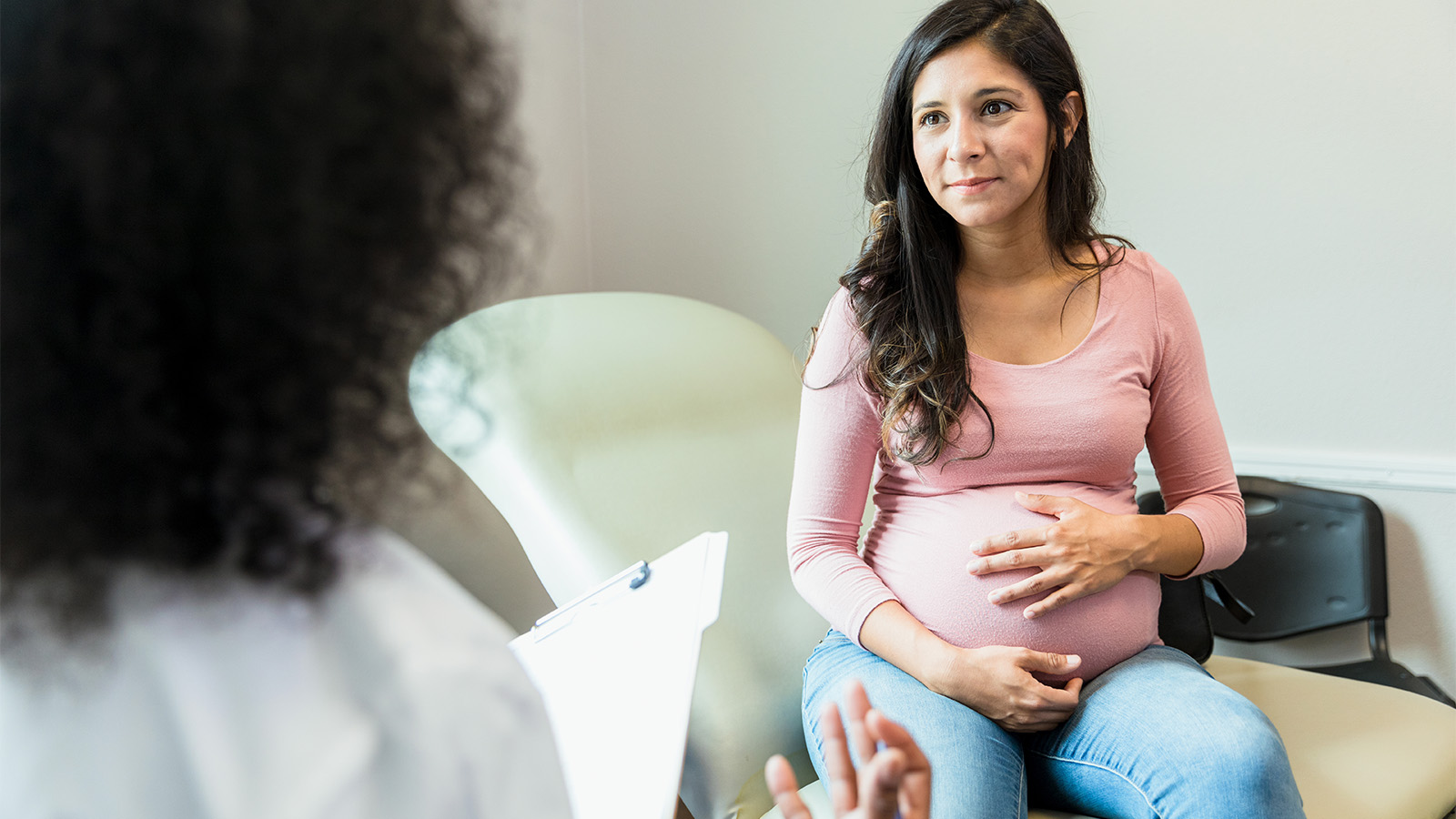
What To Know About Vaginal Discharge During Pregnancy

Is Cancer Hereditary? What You Need to Know About Your Genetic Risks

Tara's Story: From Debilitating Uterine Fibroid Pain to a Half-Marathon Medal

Is Your Post-Pregnancy Belly Bulge a Sign of Diastasis Recti?

Your Guide to Mammograms: When to Get Screened and What to Know

Healthy Weight Gain During Pregnancy: A Guide for Moms-to-Be

IBS and Alcohol: Can You Still Enjoy a Drink?

Focus on Mental Health Is Key Part of Andrew's Weight-Loss Journey

What You Need to Know About Epilepsy

'Feeling Joy Again': ECT Brain Stimulation Therapy Restores Ashley's Well-Being

Not Just for Wrinkles: Botox Injections Promote Improved Bladder Control

Caring Maternity Team Transforms Harley's Pregnancy Crisis Into Lasting Memories
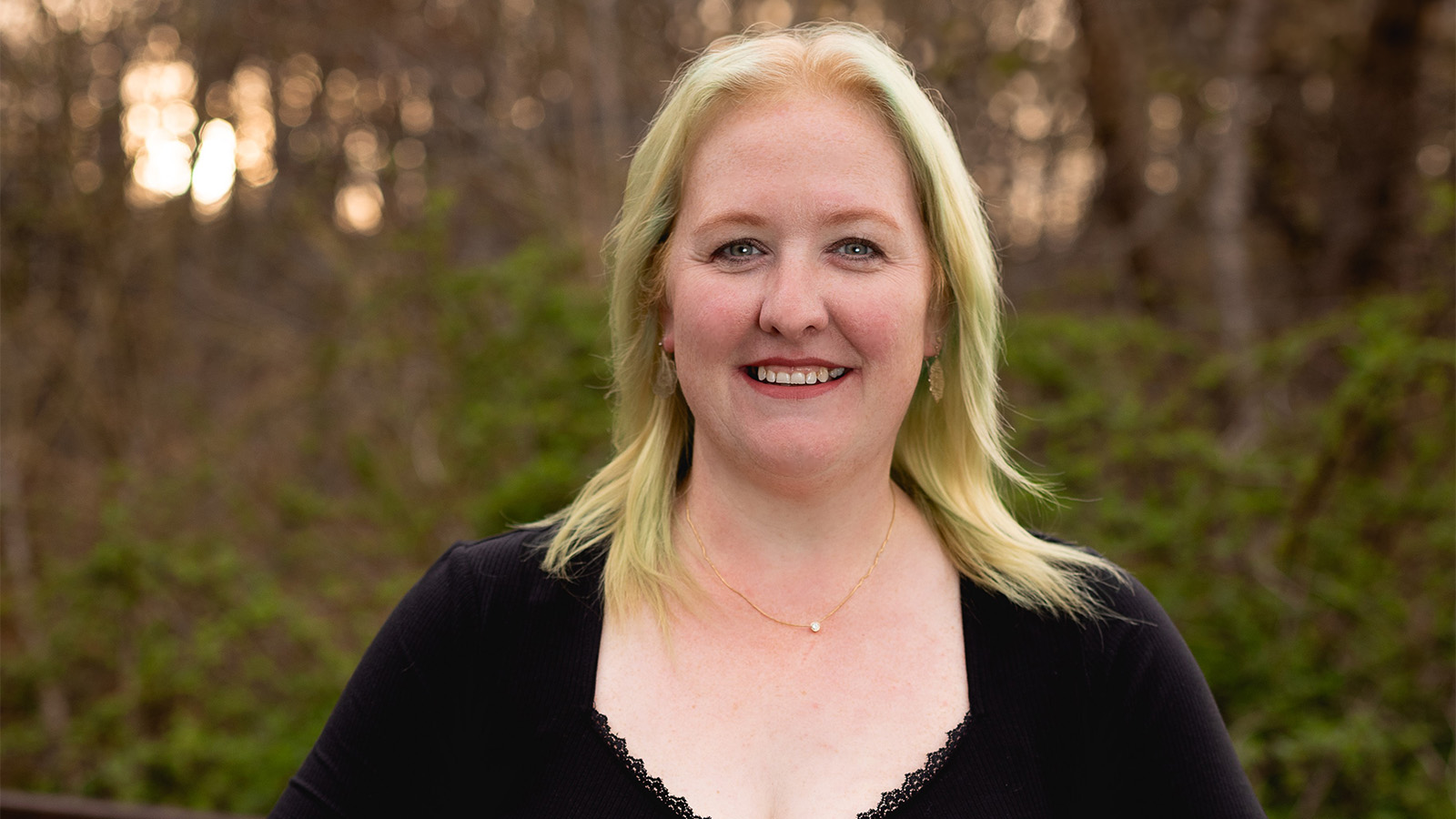
Robotic Hysterectomy, Trusted Care Help Bobbi Shine Again

How to Stay Cool and Prevent Heat Illness All Summer Long

What Happens to Your Body When You Don't Get Enough Sleep?
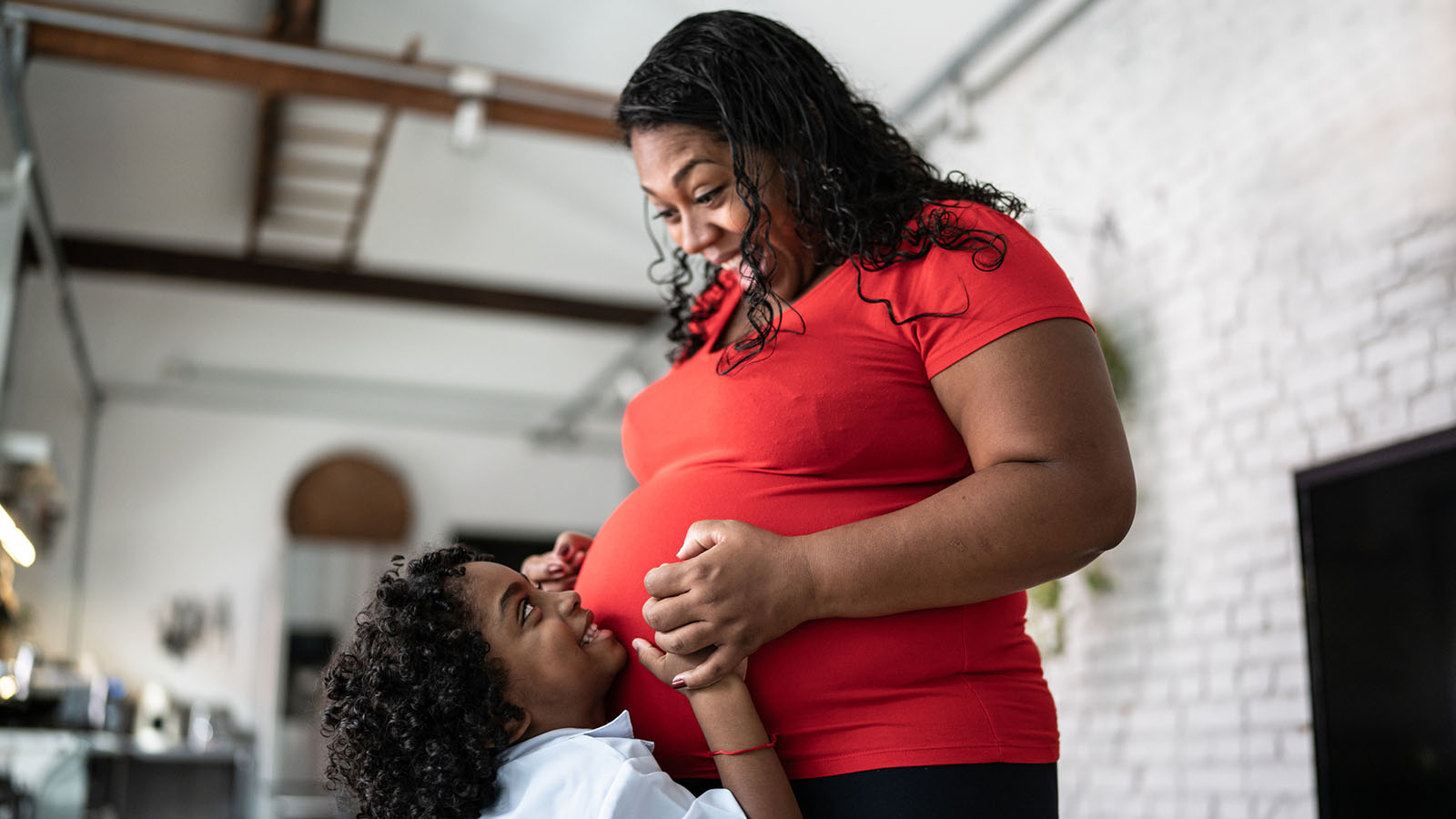
How to Have a Healthy Pregnancy if You're Overweight

4 Surprising Health Truths You Should Know

Is Low Sex Drive Normal? Revealing the Complex Causes of Low Libido in Women

CABG Surgery: What Women Should Know About Heart Health and Healing

Stress Incontinence vs. Urge Incontinence: What's the Difference?

5 Key Facts About Proton Therapy for Cancer Treatment

Mood Swings vs. Mood Disorders: Know the Signs and Get Help
Are emotional ups and downs disrupting daily life? Learn common signs of mood disorders, and when to talk to a doctor about diagnosis and treatment options.

Take Pride in our Health: Must Dos for LGBTQ+ Preventative Care

4 Foolproof Pelvic Floor Strengthening Exercises for Women

What to Expect During Perimenopause

Protect Yourself From Tick Bites and Lyme Disease

4 Ways to Stay Fit and Healthy on a Budget

6 Tips to Tame Your Spring Allergies

Do You Know the Signs and Symptoms of Uterine Fibroids?

How Are Uterine Fibroids Treated?

Can I Have Sex After a Hysterectomy?

What to Expect From a Robotic Hysterectomy

When You Need A Hysterectomy Know Your Options

Take Control of Incontinence, Prolapse, and Other Pelvic Floor Disorders

How Can I Prevent Bone Loss and Osteoporosis?

Is an At-Home Colon Cancer Test a Good Alternative to a Colonoscopy?

How Do You Manage the Side Effects of Weight-Loss Medications?

A Woman’s Four-Step Guide to Fight Back on Back Pain

What You Need To Know About Carpal Tunnel Syndrome

The Truth About Menopause, Weight Gain, and Belly Fat

Shedding Light on Lesser-Known Menopause Symptoms and Solutions

Debunking The Myths About Vaginal Dryness
Inside Look at Blood Vessels Aids PAD Treatment
Denise Davis: Pay Attention to Your Heart Health

What You Need To Know About Stroke Treatment

10 Smart Ways to Manage Your Diabetes
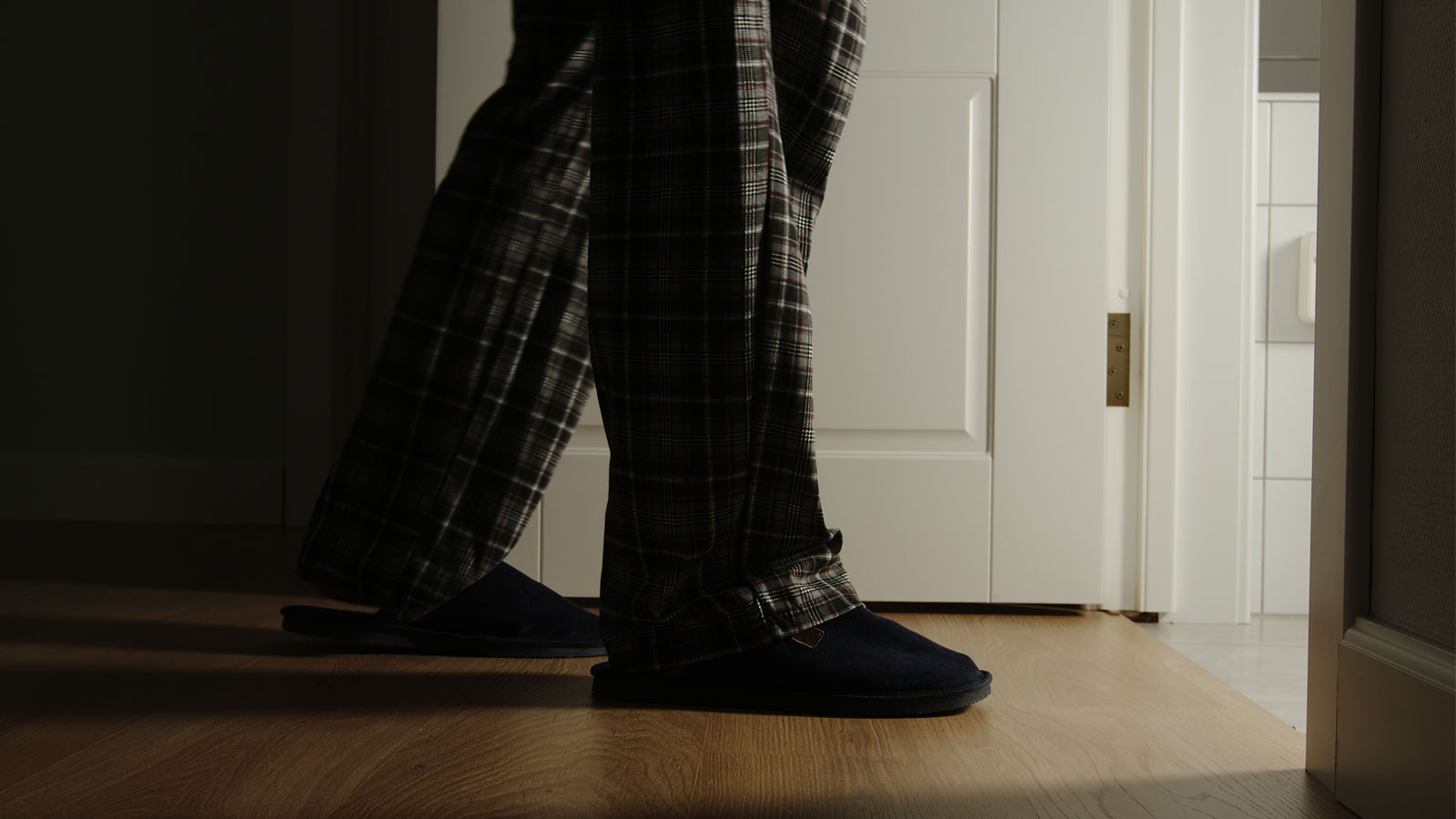
Signs You May Have Chronic Kidney Disease

5 Essential Winter Foot Care Tips When You Have Diabetes

Sweet Music: Trust, Teamwork Save Justin from Heart Attack

Advanced Minimally Invasive GYN Surgery Puts You at the Center of Care

Complex Heart Surgery Nets James a Lifelong Friend
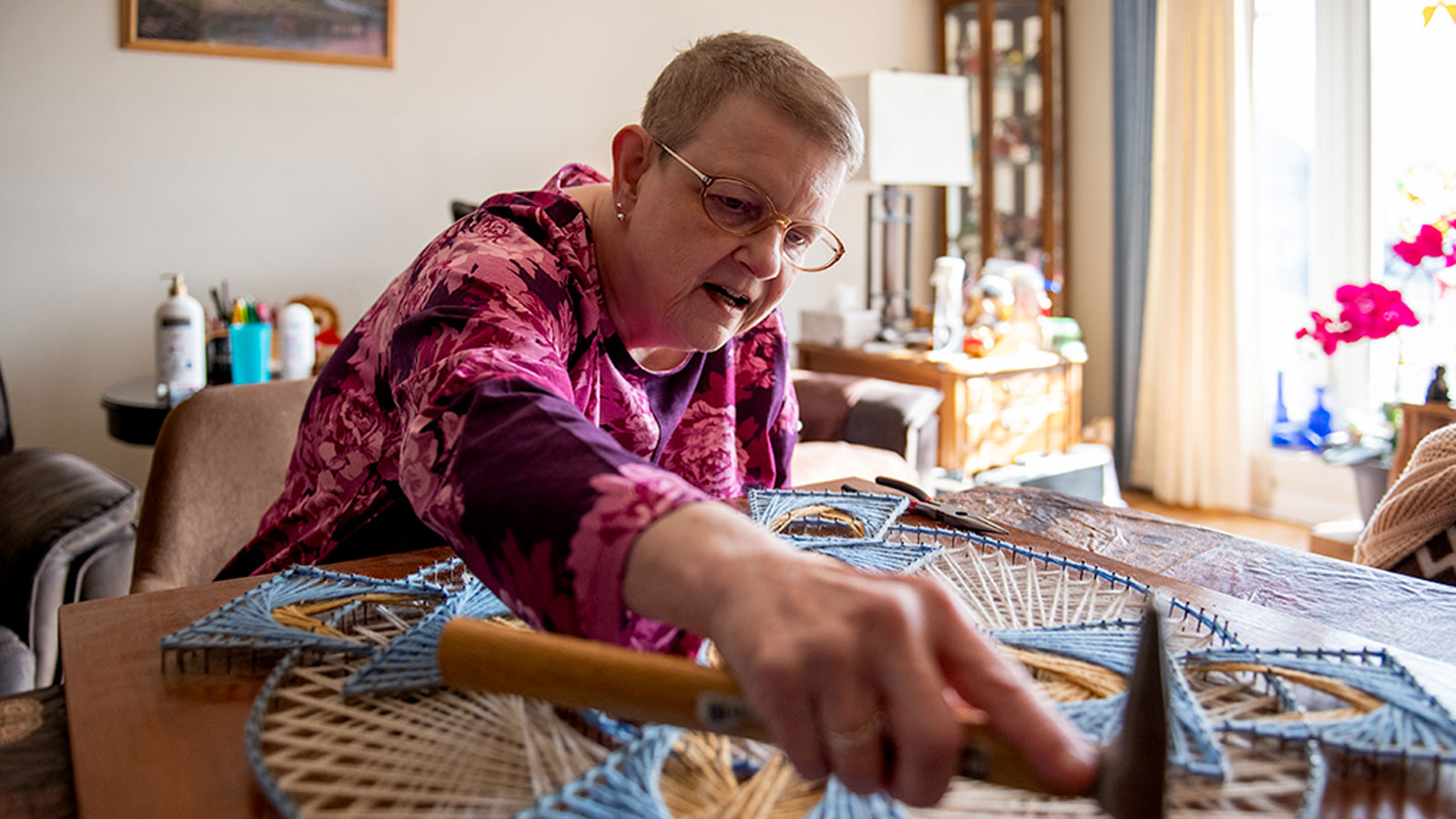
Hepatitis C Kidney Transplant a Blessing For Lee Manns

7 Reasons Why You Want Your Surgeon to Be an Expert in Robotics

Colitis Symptoms Under Control, Jennifer Is ‘Living My Best Life’

How Do I Care for a Wound that Won't Heal?

Surprising Symptoms May Signal Stroke In Women

Five Back Pain Risk Factors That You Should Know

Is My Back Pain Normal, or Is It Spinal Stenosis?

Robotic Hernia Surgery Combines Innovative Techniques With Faster Recovery Times

The HPV Vaccine: A Powerful Shield Against Cervical Cancer

How Does Breast Density Affect Your Mammogram?

Menopause: New Insights Into the Power of Hormone Replacement Therapy

How to Prevent and Treat Urinary Tract Infections

Signs You Should Get Treated For Vein Problems

One New Heart Valve Saves Two Lives in the Tritten Family

What You Need to Know About Heart Failure
Lung Valve Surgery Relieves COPD, Emphysema Symptoms

Lung Screening, Robotic Technologies Get Pat Kicking Up Her Boots Again

Breast Cancer Diagnosis Inspires Catherine to Help Others

Jasmine’s On-Air and Pain-Free After Gallbladder Surgery
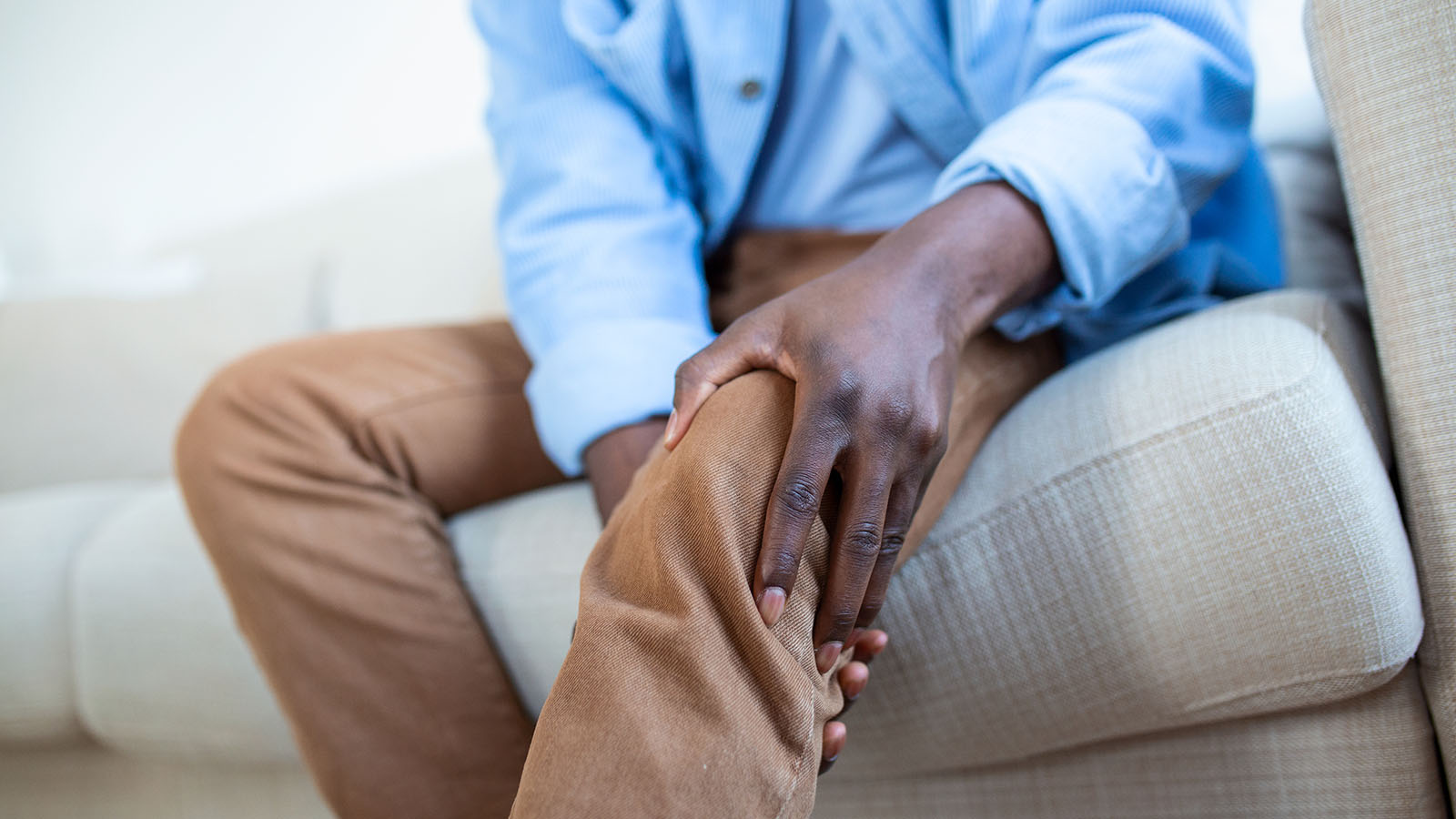
When Should I See a Doctor About My Knee Pain?

Quick Action Leads to Jesse's Recovery From Stroke

A Non-Athlete’s Guide to Shoulder Overuse Injuries
Shoulder problems aren’t limited to athletes. Virtua orthopedic surgeon Sean McMillan, DO, explains shoulder overuse injuries and prevention in this article.

Put Lower Back Pain Behind You With This Ten-Step Guide

Wide-Awake Hand Surgery Speeds Recovery, Puts Control in Patients' Hands

South Jersey Veteran Thrives After Cross-Country Kidney Donation

3 Ways to Avoid Knee Pain

When Should I See a Doctor for My Hip Pain?

When Should I See a Doctor About My Shoulder Pain?

Is My Back Pain Normal, or Is It Sciatica?

Is My Back Pain Normal, or Is It a Herniated Disk?

When Is It Back Pain, and When Is It Something More?

Watchman Heart Device: a Technological Breakthrough for Blood Clot Prevention

Albert's Emergency Cardiac Surgery Is a 'Story of a Lifetime'

What Can I Do Right Now About My Aching Back?

How Do I Get Rid of This Back Pain for Good?

How the Unique Stages of a Womans Heart Affect Her Health

Can Your Gut Health Affect Your Heart?

When Should I Be Worried About My Neck Pain?
Advanced Heart Failure Therapies Get Bernadine Back to Full Speed

Sarah Wins Back Her Health After Crohn's Disease Diagnosis

Overcoming Addiction, Philip Now Sees More Positive Side to Life
Firefighter's Successful Lung Cancer Care at Virtua
A Lung Screening Put Teresa Back in the Race

A Breast Self-Exam Saved Kristen's Life

How Sex Keeps You Healthy as You Age

Protect Your Child From HPV and Related Cancers

Why IUDs Might Be The Most Effective Birth Control

5 Things You're Too Embarrassed to Tell Your OBGYN

4 Not-So-Crazy Questions to Ask Your Doctor

Early Treatment is Best to Relieve Hemorrhoid Symptoms

The Top 10 Foods For A Healthy Diabetes Diet

Keeping the Beat: Advanced Heart Surgery for Aortic Aneurysm
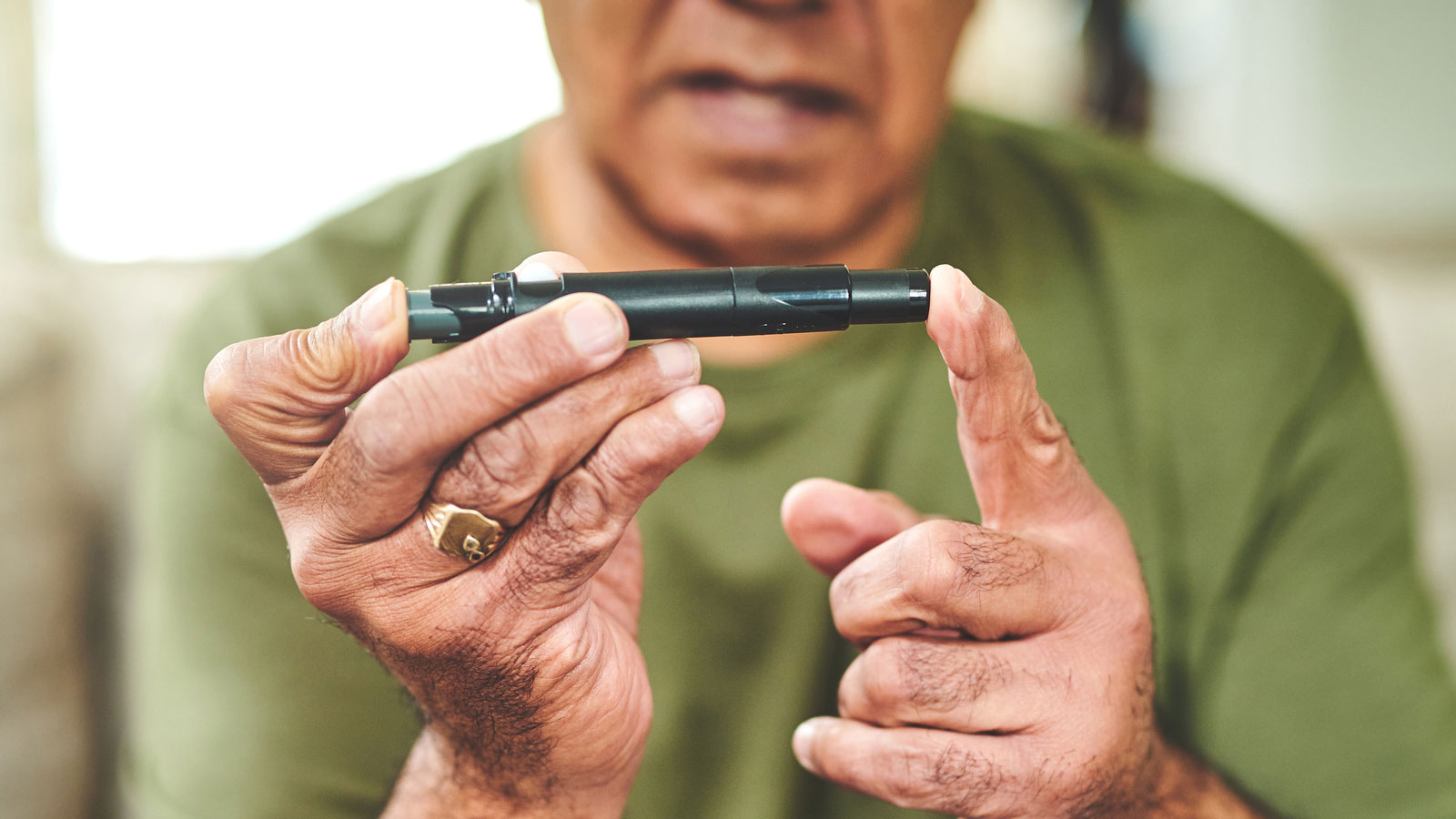
Are You At Risk For Chronic Kidney Disease

Local Pastor Makes Kidney Health Mission of Ministry

What’s the Difference Between Type 1 and Type 2 Diabetes?

All for Bear: Dan Loses Weight to Be His Son’s Kidney Donor

Augmented-Reality Surgery Has Bobby Back on Stage, Rocking His New Hip

Hyperbaric Wound Therapy Puts Joette Back in Motion

Robotic Hernia Repair Renews David's Active Lifestyle

